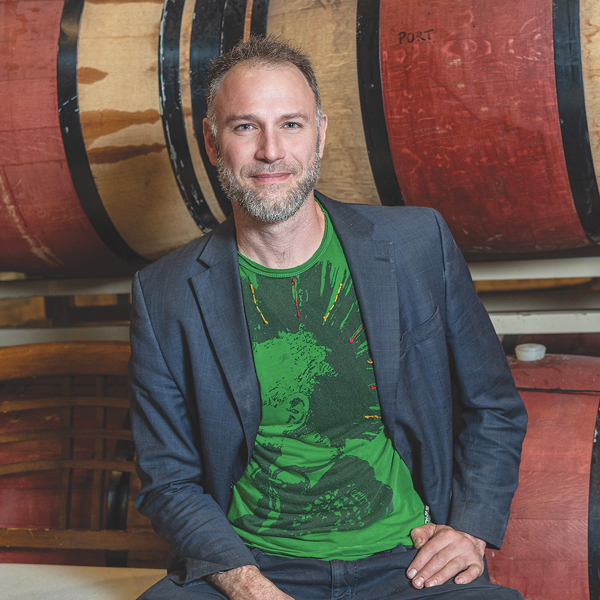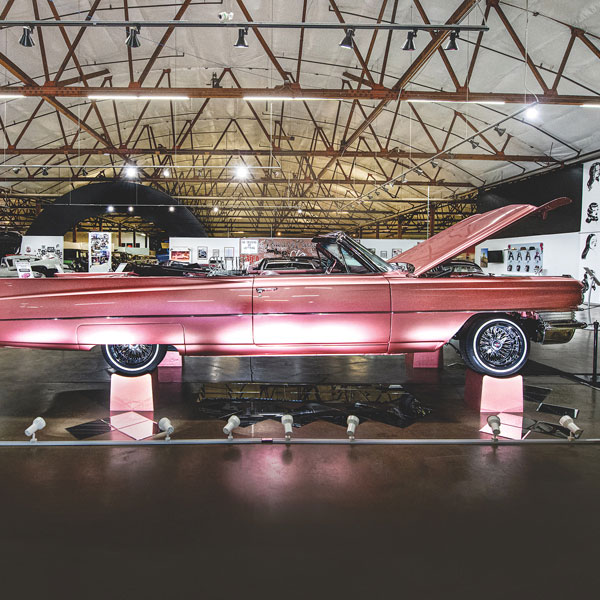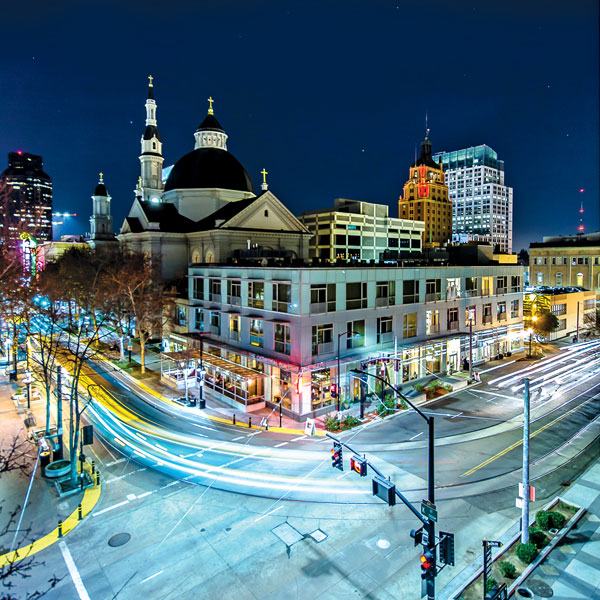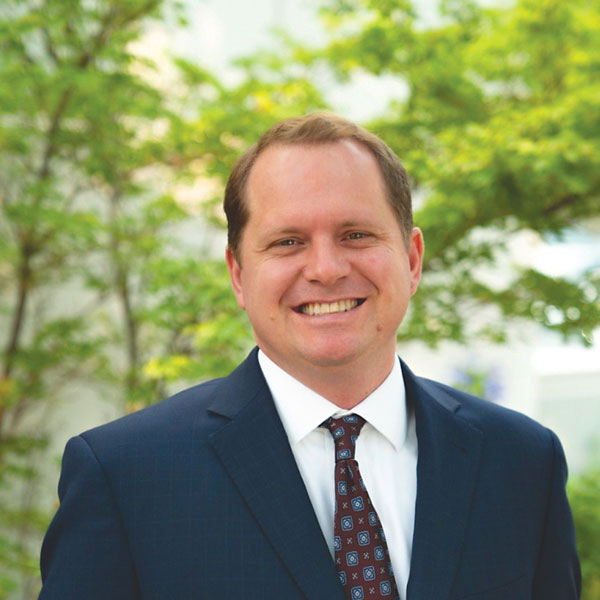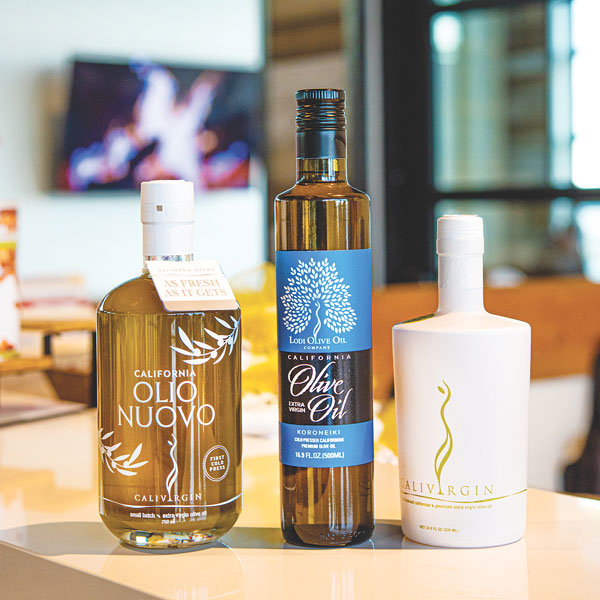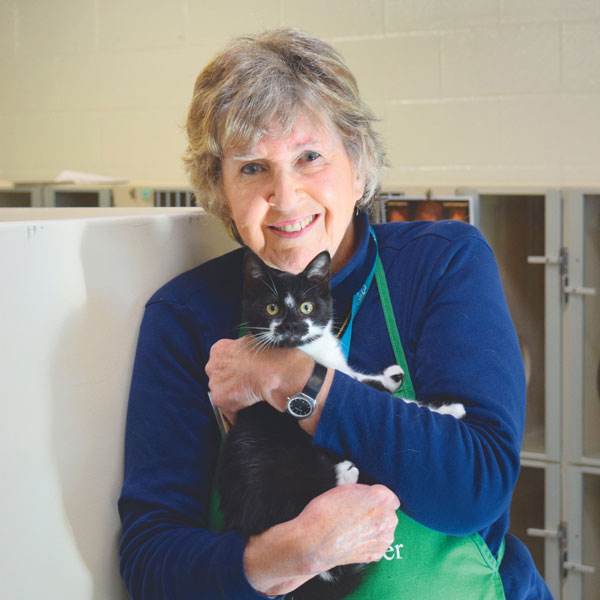
Feb 28, 2024
On many blocks in the grid, a range of restaurants serve food with valley-grown ingredients. Local wine bars and craft breweries develop their own presence using grapes and hops from around the region.
A true community spirit is on display when the city comes together for a night out.
Thriving businesses in the grid win over customers with cutting-edge flavors and a love of how diverse cultures make us strong. Voluptuary & Lucid Wines reflects the inventive farm-to-bottle flair.
Founder Kevin Luther was born and raised in Sacramento and educated at UC Davis. After traveling the world to learn the wine business, Luther returned and put his experience to work. He enjoys giving back to his community.

Feb 28, 2024
Beautiful, colorful rolling works of art are attracting long lines of ticket buyers to the California Automobile Museum’s “Rucas y Carruchas: Ladies in Lowriders” exhibit.
Many cars on display are heirlooms, worked on by generations of families and cherished by women in a culture historically regarded as male dominated.
Museum exhibits manager ShaVolla Rodriguez exemplifies the involvement of women in the lowrider community. She named her lowrider Adeline.

Jan 28, 2024
With March primary elections in full force, Sacramento needs a plan to repair the damage from recent years. Problems include homelessness, crime and the effects of destructive COVID-19 lockdown policies. We need solutions.
Before the pandemic, the city was on its way to becoming a sought-after location. Between 2016 and 2018, I published two editions of our Inside Sacramento book highlighting the most interesting restaurants and shops in America’s farm-to-fork capital. The books were a hit. I was optimistic.
Today that optimism is gone. City life is worse, not better. A national survey of major cities ranks Sacramento as No. 2 in growth of homeless populations. From 2020 to 2023 Sacramento’s unhoused numbers exploded by 68%.

Jan 28, 2024
The idea that government can do things well is a tough sell in some circles. But I’ll go out on a limb to argue Measure A, the half-cent sales tax for transportation approved twice by local voters, is a success story.
Don’t confuse this with the so-called “citizens’ initiative” Measure A that went down in flames in 2022. That Measure A was opposed by good-government groups such as the League of Women Voters, who denounced it as “the product of developers, business organizations and labor advocates” rather than sound and balanced transportation planning.

Jan 28, 2024
Our region is perfect for olive trees. Drive from Sacramento in any direction and you encounter olive groves unfolding away from the roadside, their branches reaching for the sun, standing tall in orchards.
Each year, local olive ranchers practice harvest preservation by curing olives or pressing them into gold-green oil. As a devotee of extra-virgin olive oil, I’m always searching for the area’s best orchards and olive mills.
For several years, I’ve headed south on Interstate 5 and driven to the tight and trimmed rows of the Coldani family Calivirgin Winery and Olive Mill on North Thornton Road.

Jan 28, 2024
Barbara Dow is in her happy place, a chair in the cattery at the Sacramento SPCA, playing with two 8-year-old stray cats who are being socialized.
“Rowdy has eye problems, but he knows my voice,” Dow says. “He’s not up for adoption right now, but they did take him to UC Davis to see what they can do for him. The other one, Rachel, is shy, but she loves me and lets me rub her tummy.”
Dow has volunteered at SSPCA since 2018 and is lead mentor at the cattery. She trains other volunteers to work with the shelter’s felines, among the 6,000 stray or surrendered animals the nonprofit receives each year.
